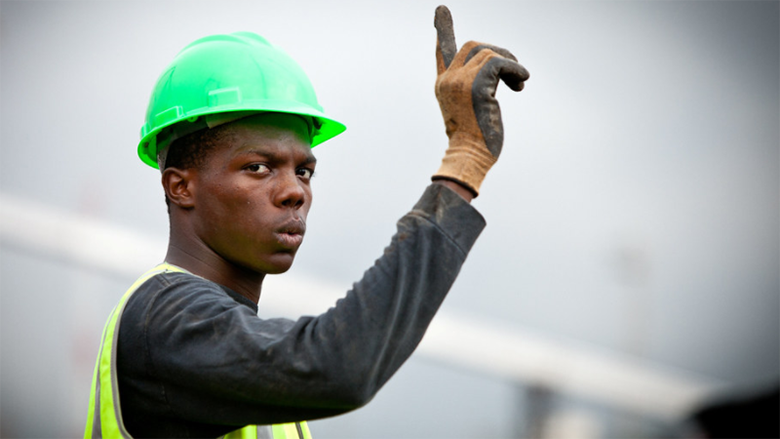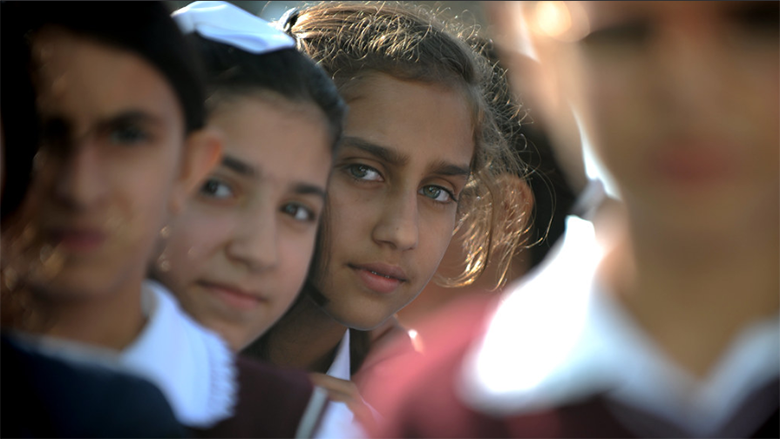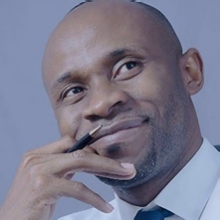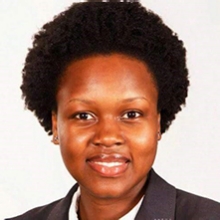Youth and future generations at the helm of leadership are not only at the receiving end of international development efforts that aim for more inclusive and equal societies, but are an asset to promoting and achieving them. With currently 1.8 billion people aged 10 – 24, the international community is endowed with the largest generation of youth in history, presenting both immense opportunities as well as considerable challenges. Yet working towards the 2030 Agenda meets these challenges head on: more than one third of SDGs target young people, and their impact will be magnified by the fact that 90% of youth live in developing nations today.
This year, International Youth Day celebrated on August 12, has as its theme “Youth Engagement for Global Action”, in order to highlight the actions undertaken by young generations at the local, national and global levels to engage in policy issues of our time. This theme comes at a time when the economic recession that has come as a consequence of the COVID-19 outbreak are gearing towards hitting youth severely, via disproportionate unemployment for the age group, gaps in education throughout the crisis, and the future burden of rising debt and inequality. The International Labor Organization estimates that more than one in six young people have stopped working due to the pandemic, with job losses disproportionately hitting young women and people of color.

According to the World Bank, school closures due to lockdowns have affected an estimated 1.6 billion children worldwide. As countries and schools reopened in July, over 1.1 billion students had continued to be out of school. This generation of students could lose an estimated $10 trillion in earnings over their lifetime if no active effort is made to encourage students back into school. Recently, over 100 youth shared their videos to the World Bank as part of an online campaign #YouthOnCOVID19, in which many shared concerns of the increasing barriers to employment and severe interruptions to education. While countries are scrambling to protect their citizens’ lives and livelihoods, scaling up investment in human capital – that is on health and education from an early age – cannot be forgotten as a game changer for the youth of today to pull out of this setback.




